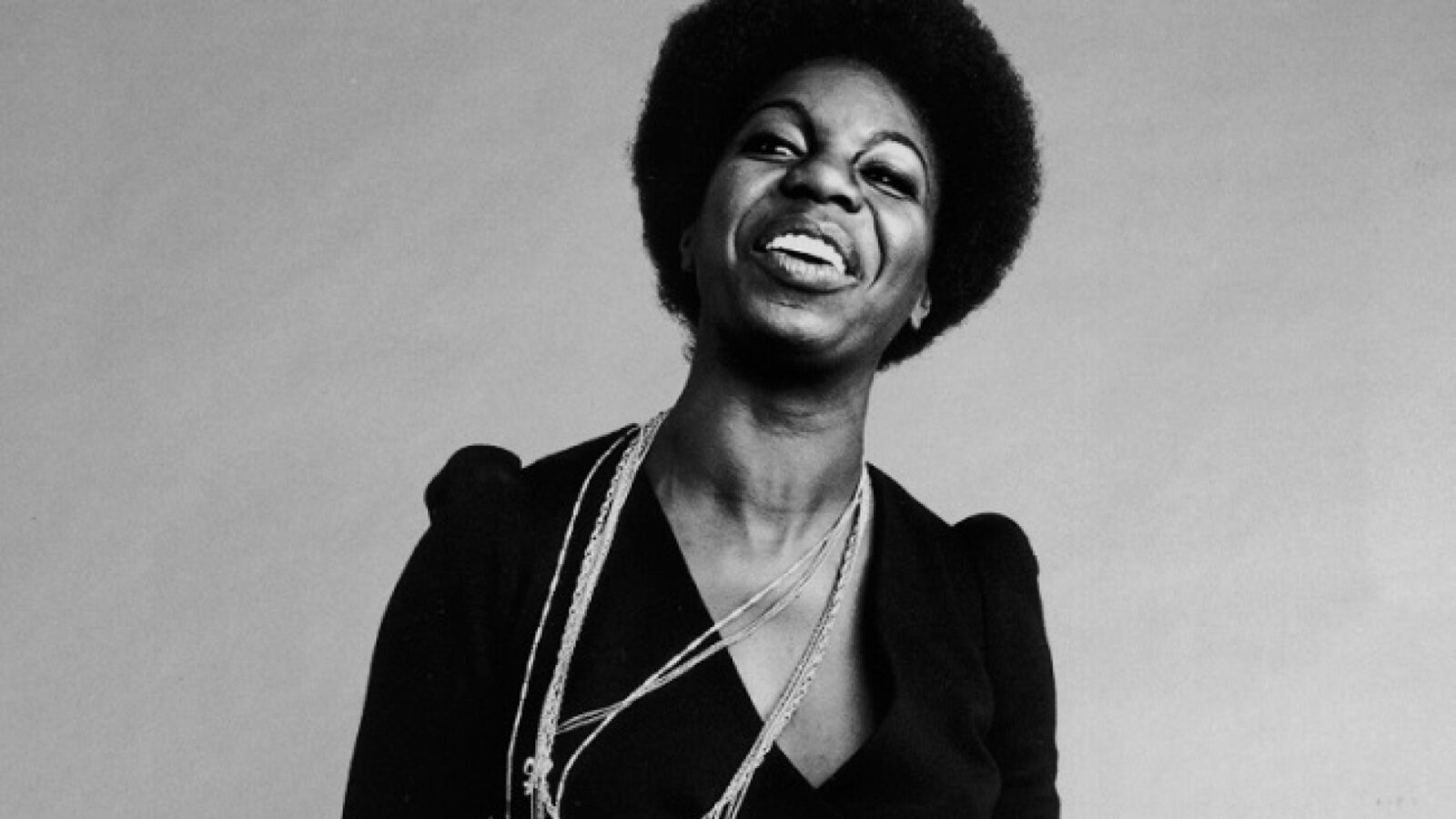Now Playing
News

A Celebration of Nina Simone
“An artist’s duty is to reflect the times….” – Nina Simone
Eunice Kathleen Waymon – Nina Simone – was born on February 21, 1933 in Tryon, North Carolina. From a young age she showed a propensity for playing musical instruments, reputedly able to get a nice sound out of anything put in her hands. Her first loves were Johann Sebastian Bach, Chopin, Brahms, Beethoven and Schubert. Eunice’s family was a church family, and her first performances took place there.
After graduating valedictorian of her high school class, the community raised money to send Eunice to Julliard in New York City in preparation for applying to competitive the Curtis Institute of Music in Philadelphia. Her family had already moved to that city in anticipation of her studies there, and eventual career as a distinguished African American classical pianist. Eunice was not granted admission to the Institute, a denial she attributed to racism for the duration of her life.
To make ends meet, Eunice began teaching piano lessons. When that income did not prove suitable to live off, she answered a help wanted advertisement at a New Jersey bar looking to hire a jazz piano player. Eunice auditioned and got the gig. Only problem is that it would also require her to sing. Eunice’s dreams of being a celebrated classical pianist were quickly changing shape.
In order to avoid having her church-going mother get word that she was playing jazz piano in bars – a practice her mother would describe as “working in the fires of hell” – Eunice changed her named to Nina Simone (blending the nickname “Nina” meaning “little one” in Spanish and “Simone” after the actress Simone Signoret). A new career was born.
Word spread that there was a new artist “on the block” blending influences of the American songbook, jazz, blues, and classical music. Simone was soon offered a recording contract with an offshoot of the same label that boasted having James Brown on its roster.
Her first albums, released in the late 1950s, reflected the jazz tastes of the label president. He ultimately relented and allowed Simone more creative control, a chance to showcase more of her genre-bending live shows.
Simone’s modest successes as a national recording artist ultimately led to a spot at the 1960 Newport Jazz Festival (the same one that was shut down during a riotous set from Muddy Waters blues band!). As her star continued to rise, critics tried to define Simone.
And that’s the thing about Nina Simone. She can’t be defined. For the duration of her career, Nina Simone did not hold back. It wasn’t so much that she pushed backed or refused definition. She was just herself. Honest, sincere, supremely talented, and uniquely positioned to reflect the times.
(Nina Simone bio info provided with help from ninasimone.com)



